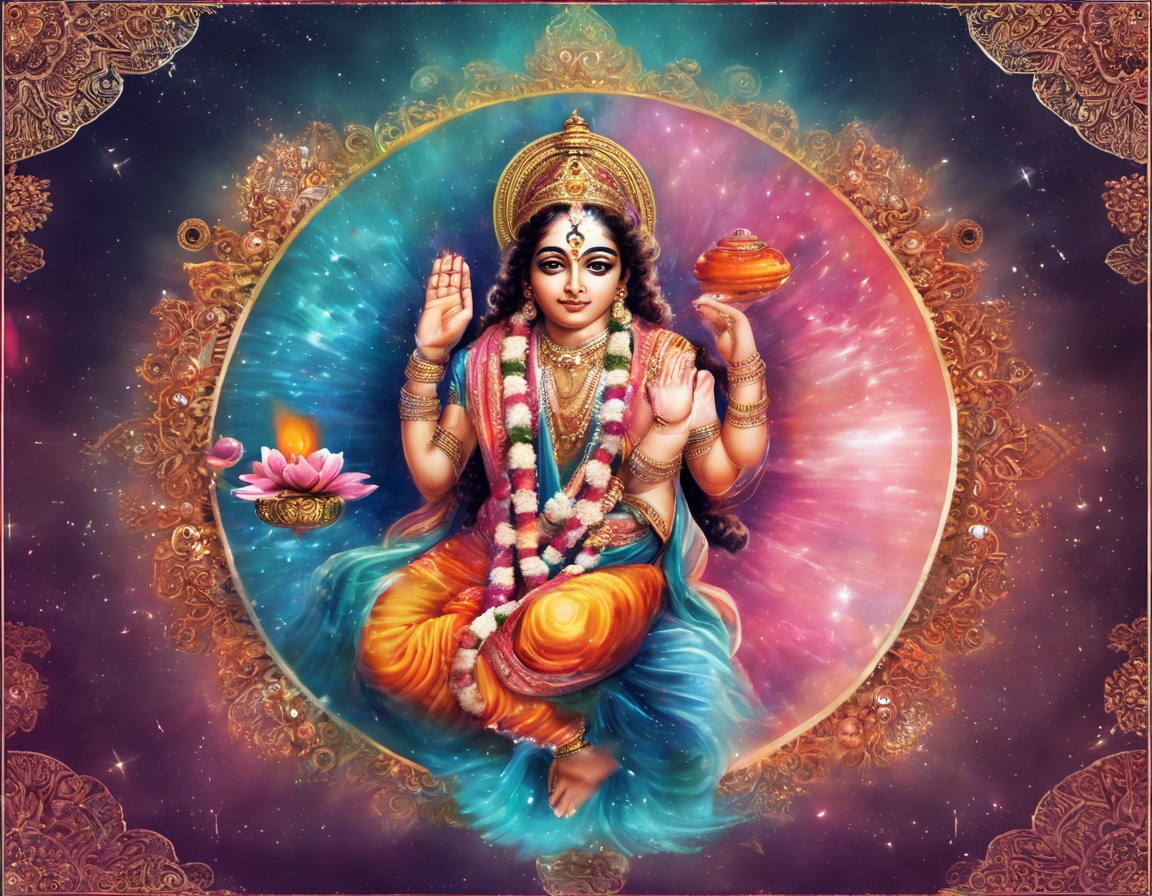Introduction
Ekadashi is an important day in the Hindu lunar calendar, occurring twice a month and considered highly auspicious for fasting and spiritual practices. Fasting on Ekadashi is believed to cleanse the body, mind, and soul, as well as bring devotees closer to the divine. In February 2024, there will be two Ekadashi dates to observe, each with its significance and rituals to follow.
What is Ekadashi?
Ekadashi, derived from Sanskrit words ‘eka’ meaning ‘one’ and ‘dasha’ meaning ‘ten’, refers to the eleventh day of each lunar fortnight in the Hindu calendar. It is a day dedicated to Lord Vishnu and is considered spiritually significant for self-purification and devotion.
Importance of Fasting on Ekadashi
Observing a fast on Ekadashi is believed to bestow various benefits such as:
- Spiritual purification: Fasting is said to cleanse the body and mind, helping individuals focus on spiritual practices.
- Atonement for sins: It is believed that fasting on Ekadashi can help individuals atone for their sins and seek forgiveness.
- Promotes self-discipline: Fasting teaches self-control and discipline, which are essential for personal growth and spiritual development.
- Enhances devotion: By dedicating the day to prayer, meditation, and recitation of mantras, devotees can deepen their connection to the divine.
Ekadashi Fasting Rules
Fasting on Ekadashi involves certain rules and guidelines to be followed, including:
- Abstinence from grains: Devotees abstain from consuming grains such as rice, wheat, and lentils on Ekadashi.
- Consumption of sattvic foods: Fruits, vegetables, dairy products, nuts, and non-grain flours like buckwheat and water chestnut flour are consumed during the fast.
- Water intake: Some individuals observe a waterless fast on Ekadashi, while others consume only water or milk.
- Avoiding certain foods: On Ekadashi, individuals typically avoid onions, garlic, and non-vegetarian foods.
Ekadashi Dates in February 2024
- Ekadashi 1: Date
- Sunrise: Time
- Sunset: Time
- Parana Time: Next Day
- Dwadashi End Moment: Time
Significance and rituals related to this Ekadashi.
- Ekadashi 2: Date
- Sunrise: Time
- Sunset: Time
- Parana Time: Next Day
- Dwadashi End Moment: Time
Significance and rituals related to this Ekadashi.
Tips for Observing Ekadashi Fasts
-
Preparation: Prepare sattvic foods in advance to avoid temptations to break the fast.
-
Meditation and Prayer: Spend time in meditation, chanting mantras, and offering prayers to enhance the spiritual experience of fasting.
-
Charity and Seva: Engage in acts of charity and selfless service to deepen the spiritual benefits of fasting.
-
Stay Hydrated: If consuming water is allowed during the fast, ensure you stay hydrated to prevent dehydration.
FAQs (Frequently Asked Questions)
Q1: Can children and elderly individuals observe Ekadashi fasts?
A1: Children, elderly individuals, pregnant women, and individuals with health conditions should consult a healthcare provider before observing rigorous fasts like Ekadashi.
Q2: Can we consume tea or coffee during Ekadashi fasting?
A2: It is advisable to avoid tea or coffee on Ekadashi as they may contain stimulants and additives that are not sattvic.
Q3: Can we eat grains like rice or wheat on Dwadashi day after Ekadashi fast?
A3: It is recommended to break the fast with light and easily digestible foods, gradually reintroducing regular meals over the course of the day.
Q4: Are there any specific prayers or mantras to be recited on Ekadashi?
A4: Reciting Vishnu Sahasranama, Vishnu Mantra, or the Hare Krishna Maha Mantra are considered auspicious on Ekadashi.
Q5: Can Ekadashi be observed without fasting?
A5: While fasting is a common practice on Ekadashi, individuals can also observe the day through acts of charity, meditation, and attending spiritual discourses.
Conclusion
Ekadashi holds a special place in Hindu tradition as a day of spiritual significance and observance. By fasting on Ekadashi, individuals can purify themselves, deepen their devotion, and seek spiritual growth. The Ekadashi dates in February 2024 present an opportunity for devotees to engage in fasting, prayer, and meditation, enhancing their connection to the divine. By following the prescribed guidelines and rituals, one can make the most of this auspicious day and benefit from its spiritual blessings.
